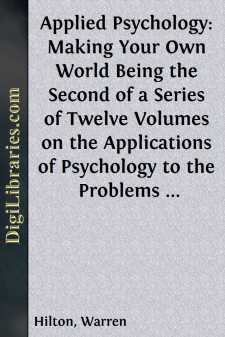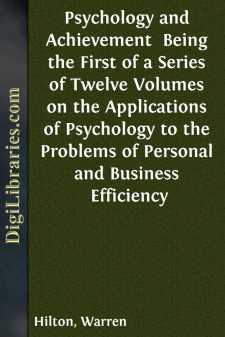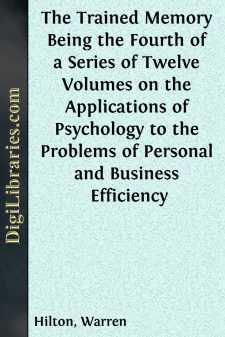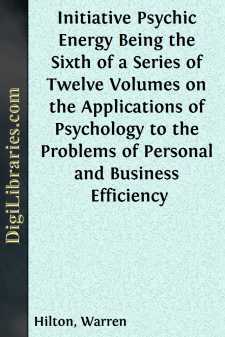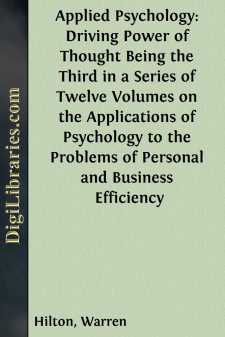Categories
- Antiques & Collectibles 13
- Architecture 36
- Art 48
- Bibles 22
- Biography & Autobiography 813
- Body, Mind & Spirit 142
- Business & Economics 28
- Children's Books 17
- Children's Fiction 14
- Computers 4
- Cooking 94
- Crafts & Hobbies 4
- Drama 346
- Education 46
- Family & Relationships 57
- Fiction 11829
- Games 19
- Gardening 17
- Health & Fitness 34
- History 1377
- House & Home 1
- Humor 147
- Juvenile Fiction 1873
- Juvenile Nonfiction 202
- Language Arts & Disciplines 88
- Law 16
- Literary Collections 686
- Literary Criticism 179
- Mathematics 13
- Medical 41
- Music 40
- Nature 179
- Non-Classifiable 1768
- Performing Arts 7
- Periodicals 1453
- Philosophy 64
- Photography 2
- Poetry 896
- Political Science 203
- Psychology 42
- Reference 154
- Religion 513
- Science 126
- Self-Help 84
- Social Science 81
- Sports & Recreation 34
- Study Aids 3
- Technology & Engineering 59
- Transportation 23
- Travel 463
- True Crime 29
Warren Hilton
Warren Hilton was an American author and psychologist known for his work on personal development and applied psychology in the early 20th century. He was one of the founders of the Society of Applied Psychology, which aimed to make psychological principles accessible to the general public. Hilton authored several books focused on improving mental efficiency, self-control, and achieving success through the application of psychological techniques.
Author's Books:
Sort by:
by:
Warren Hilton
Chapter ITHE TWO FUNDAMENTAL PROCESSES OF MINDMind as a Means to AchievementIn the preceding book, "Psychology and Achievement," we established the truth of two propositions: I. All human achievement comes about through bodily activity. II. All bodily activity is caused, controlled and directed by the mind. To these two fundamental propositions we now append a third, which needs no proof, but...
more...
by:
Warren Hilton
CHAPTER IATTAINMENT OF MIND CONTROLThe Man of TomorrowThe men of the nineteenth century have harnessed the forces of the outer world. The age is now at hand that shall harness the energies of mind, new-found in the psychological laboratory, and shall put them at the service of humanity. Are you fully equipped to take a valiant part in the work of the coming years?The Dollars and Cents of Mental...
more...
by:
Warren Hilton
Chapter I Four Special Memory Processes You have learned of the sense-perceptive and judicial processes by which your mind acquires its knowledge of the outside world. You come now to a study of the phenomenon of memory, the instrument by which your mind retains and makes use of its knowledge, the agency that has power to resurrect the buried past or power to enfold us in a Paradise of dreams more...
more...
by:
Warren Hilton
Chapter I MENTAL SECOND WINDSticking to the JobAre you an unusually persevering and persistent person? Or, like most of us, do you sometimes find it difficult to stick to the job until it is done? What is your usual experience in this respect? Is it not this, that you work steadily along until of a sudden you become conscious of a feeling of weariness, crying "Enough!" for the time being, and...
more...
by:
Warren Hilton
JUDICIAL MENTAL OPERATIONSVitalizing Influence of Certain IdeasOne of the greatest discoveries of modern times is the impellent energy of thought. That every idea in consciousness is energizing and carries with it an impulse to some kind of muscular activity is a comparatively new but well-settled principle of psychology. That this principle could be made to serve practical ends seems never to have...
more...


